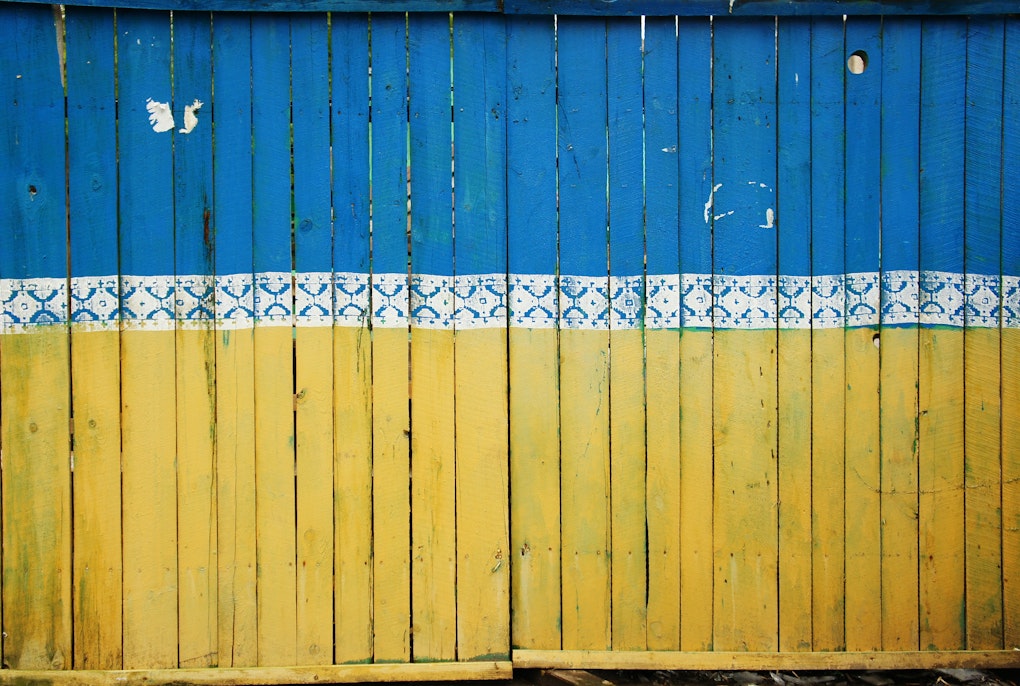
I rifugiati ucraini in Italia: dove sono e quanto conta la comunità ucraina preesistente
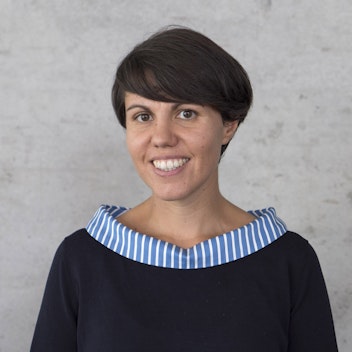
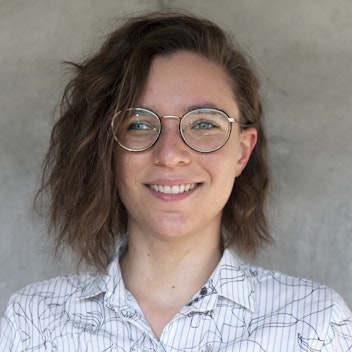
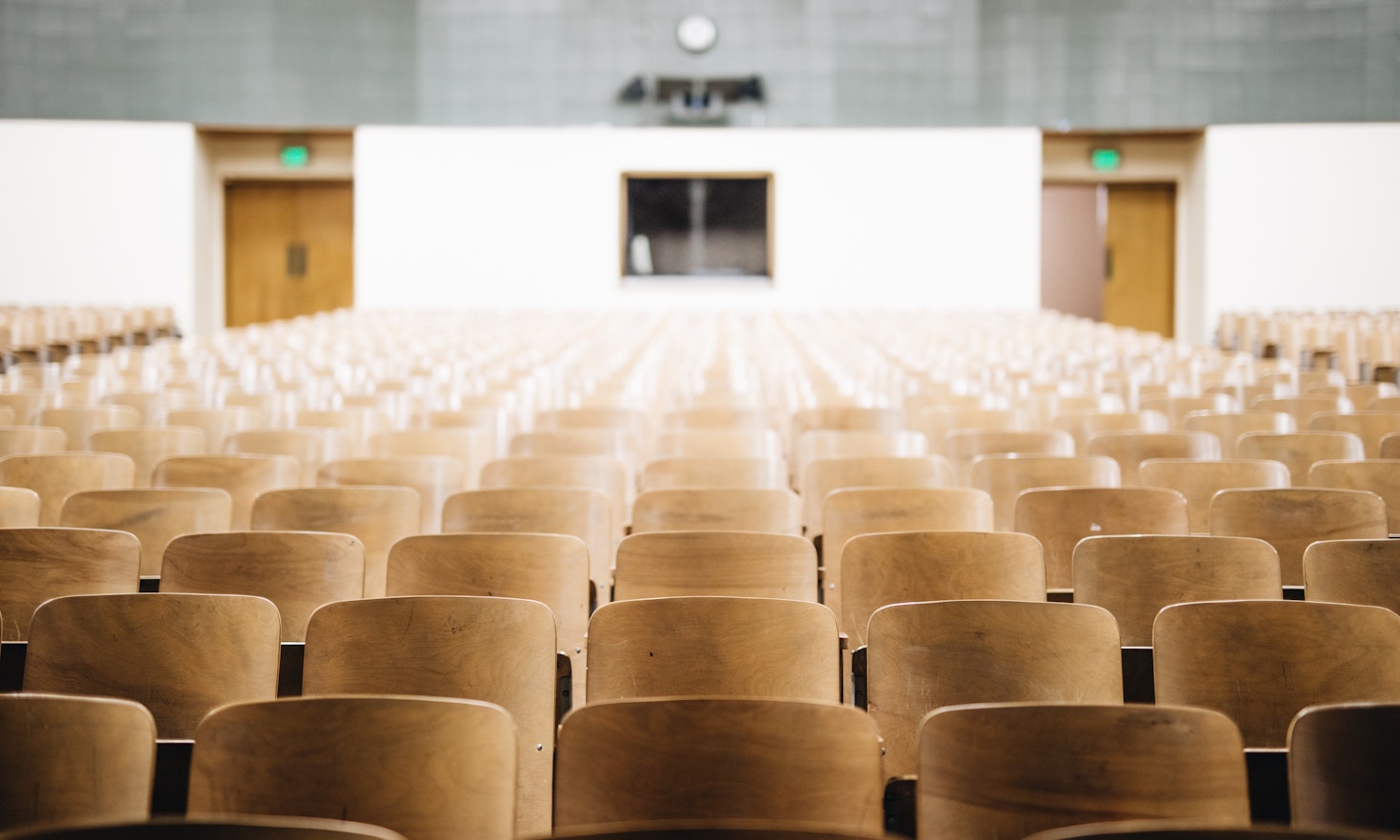
Access to education is an important right for refugees in the country of asylum. But millions of young refugees are not granted the possibility to access the right of education and miss out months or even years of education. A reason are missing documents. There is a need for asylum countries to address this issue by establishing procedures in the form of educational assessment for young refugees.
Due to both political situations and armed conflict, every year hundreds and thousands of refugees leave their homes and claim asylum upon arrival at their destinations. The issue of migration and migrant integration has created a huge debate and attracted media attention which has in turn led to the polarization of international politics and the rise of populist and racist political forces across the globe.
Education is one of the most important aspects of our lives – vital to our development, our understanding and our personal and professional fulfillment throughout life. In times of crisis, however, millions of displaced young people miss out on months or even years of education, resulting in a shortfall in schooling, social cohesion amongst peers, and disadvantaging those directly affected as well as their families, and their respective societies - both in the short and long term. Facilitating access to education and employment enhances refugee integration, local development and boosts economic and social wellbeing of both migrant and resident communities. It is one of the main rights of refugees to have access to education and be able to study in the country of asylum. However, fleeing regions of origin sometimes means the documentation necessary to continuing studies is missing. Asylum countries have to establish procedures in the form of educational assessment as an alternative for those students who do not possess the appropriate documentation.
Today, there is lack of a unified policy among countries around the world, to recognize the qualifications and skills of refugees. The UNESCO Institute for Lifelong Learning (UIL) has set out guidelines and recommendations centered on a future focused vision of education, urging that states make a major shift towards a culture of lifelong learning by 2050. This culture would be a key to addressing challenges faced by refugees, in particular those due to the threats posed by the Covid-19 pandemic which has magnified the inequality and divide between different social and economic demographics. The implementation of UIL delivers the goals set out by the United Nations Sustainable Development Goals that outline the need for accessibility for education for all and, the inclusion of migrants within society. This would lead to a more sustainable, healthy and inclusive future for refugees.
UNICEF’s lifelong learning project on the other hand, tends to review the current state of the learning recognition, validation and accreditation (RVA) in selected countries in different regions to inform and shape the development of guidelines and policies in order to create a uniform of system of RVA for migrants and refugees. This is a “key for the establishment and facilitation of flexible pathways between formal and non-formal educational settings, as well as between education, training and work.” This is done by “building on someone’s already acquired competences and skills, gives individuals an incentive to continue to learn, empowers them and enables them to become more active in the labour market and in society in general.” This is not only useful for refugees themselves but also enterprises and societies as a whole, as it addresses unemployment, poverty reduction, occupational promotion and decent jobs. On a societal level, RVA is vital for the displaced persons as it includes them in social and economic sectors. Once integrated into the overall education and training system of the country, it will positively impact the labor market.
Based on this scheme, UNESCO has established a globally recognised Qualifications Passport. The Passport draws from the experience and methodology of the European Qualification Passport and is part of procedure in place for accrediting formal learning among Syrian refugees who are able to demonstrate their secondary school diplomas from Syria. This is a major step for the inclusion of displaced populations in higher education and was designed to solve a problem that European higher education universities were experiencing with the large influx of Syrian refugees. The establishment of this sort of assessment is a step forward for the evaluation and recognition of qualifications. However, the practice exists in only a handful of countries in Europe and it is only applied to Syrian refugees. This model can and should be implemented in other parts of the world and extended to refugees from any country. For example, in the Middle East, despite hosting millions of refugees, a unified framework that evaluates individual credentials and assessment criteria does not exist. This has had negative impact on refugees’ attempts to access education and obtain qualifications.
The influx of refugees in combination with a general lack of employment has put great pressure on the formal education system to provide qualifications that are valued in the labour market. However, formal education alone is not sufficient to address the existing shortfall of skilled workers in the workforce. The ongoing human rights abuses, persecution and climate change lead to thousands of disadvantaged people missing out on lifelong learning.
Informal education can be an alternative to formal education to build upon the displaced person’s prior learning, competency as well as previous work experience. Through lifelong learning, they can enhance their various skills and improve their employability. To do that, there must be willing towards a policy or legislation on this recognition. There also must be a strategy and awareness among different stakeholders in order to incorporate such system within the education system in the country.
States have responsibility to ensure refugee’s inclusion, their qualifications and prior learning must be recognised so that they can not only continue their education but also find employment that corresponds to their skills. Therefore, it is recommended that states develop guidelines and tools for the creation of a systemized and comprehensive recognition system for refugees as well as recognize lifelong learning as a new human right. The recognition of informal and none-formal qualification means that those who do not hold the qualification but have practical experiences can access job market since the employers are looking for highly skilled labor. Today, employment companies require soft skills such as vocational training in lifelong learning such as leadership, teamwork, communication as well as other soft skills. In addition, hands-on experience is required to rely on individual’s knowledge on the field. This means that traditional methods of hard skills such as qualifications only, are simply not enough. After all, to racall the words of Nelson Mandela, “Education is the most powerful weapon which you can use to change the world.”
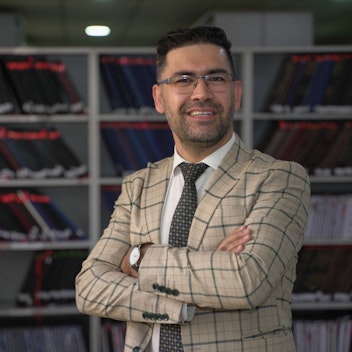
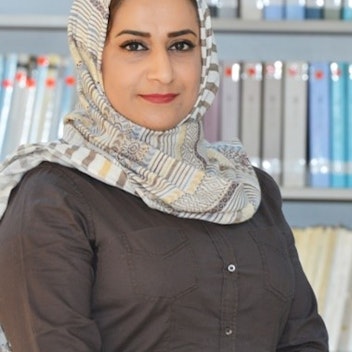
This content is licensed under a Creative Commons Attribution 4.0 International license.



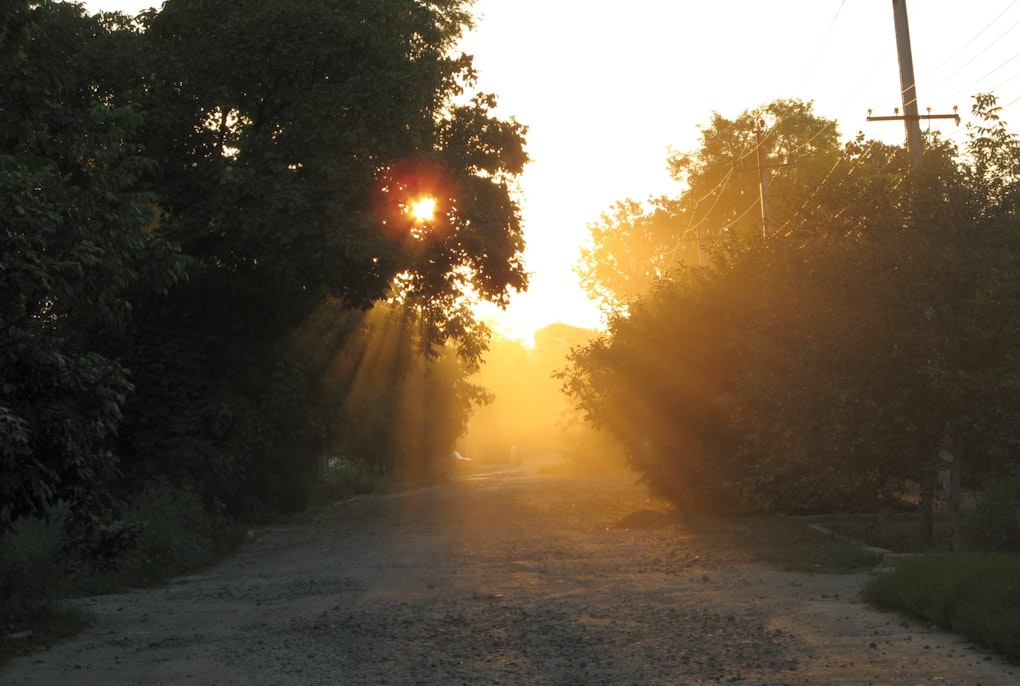
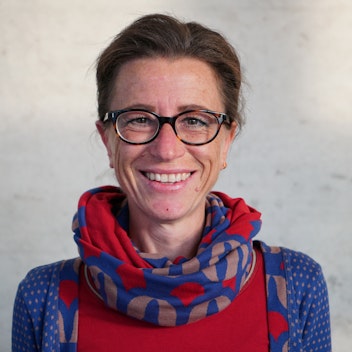 Andrea Abel
Andrea Abel 
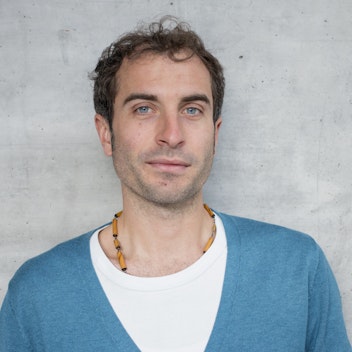 Isidoro De Bortoli
Isidoro De Bortoli